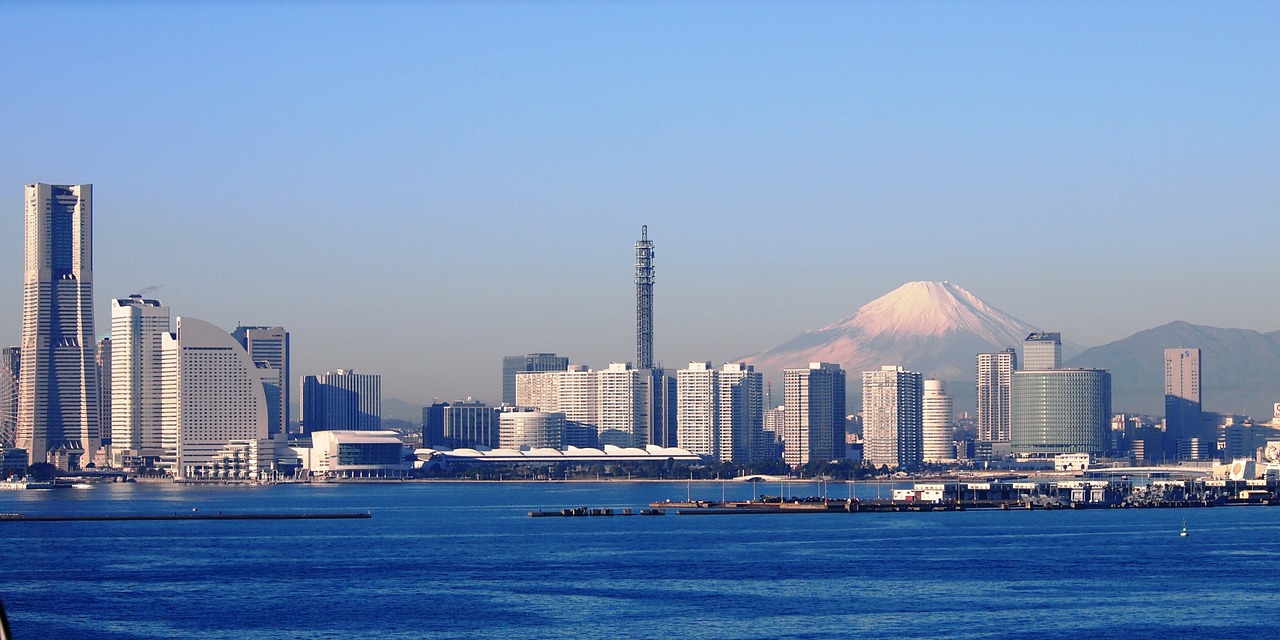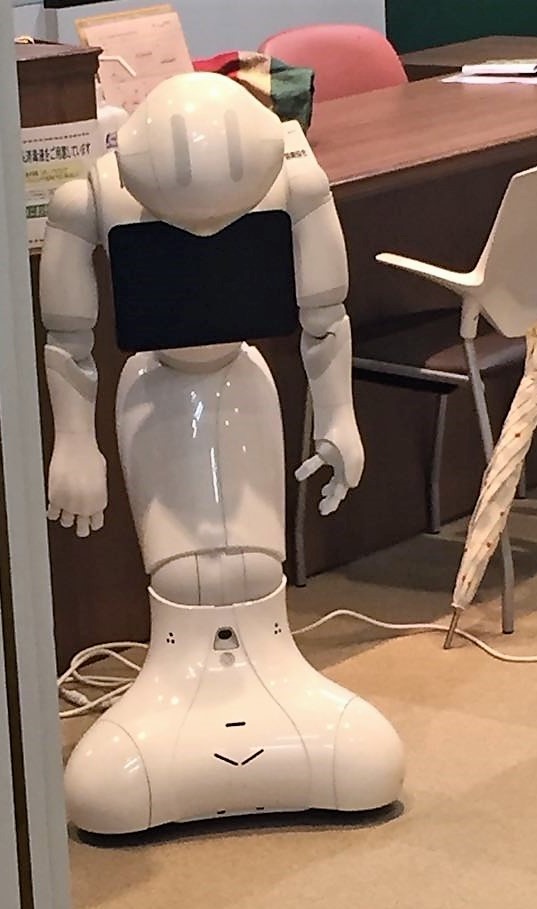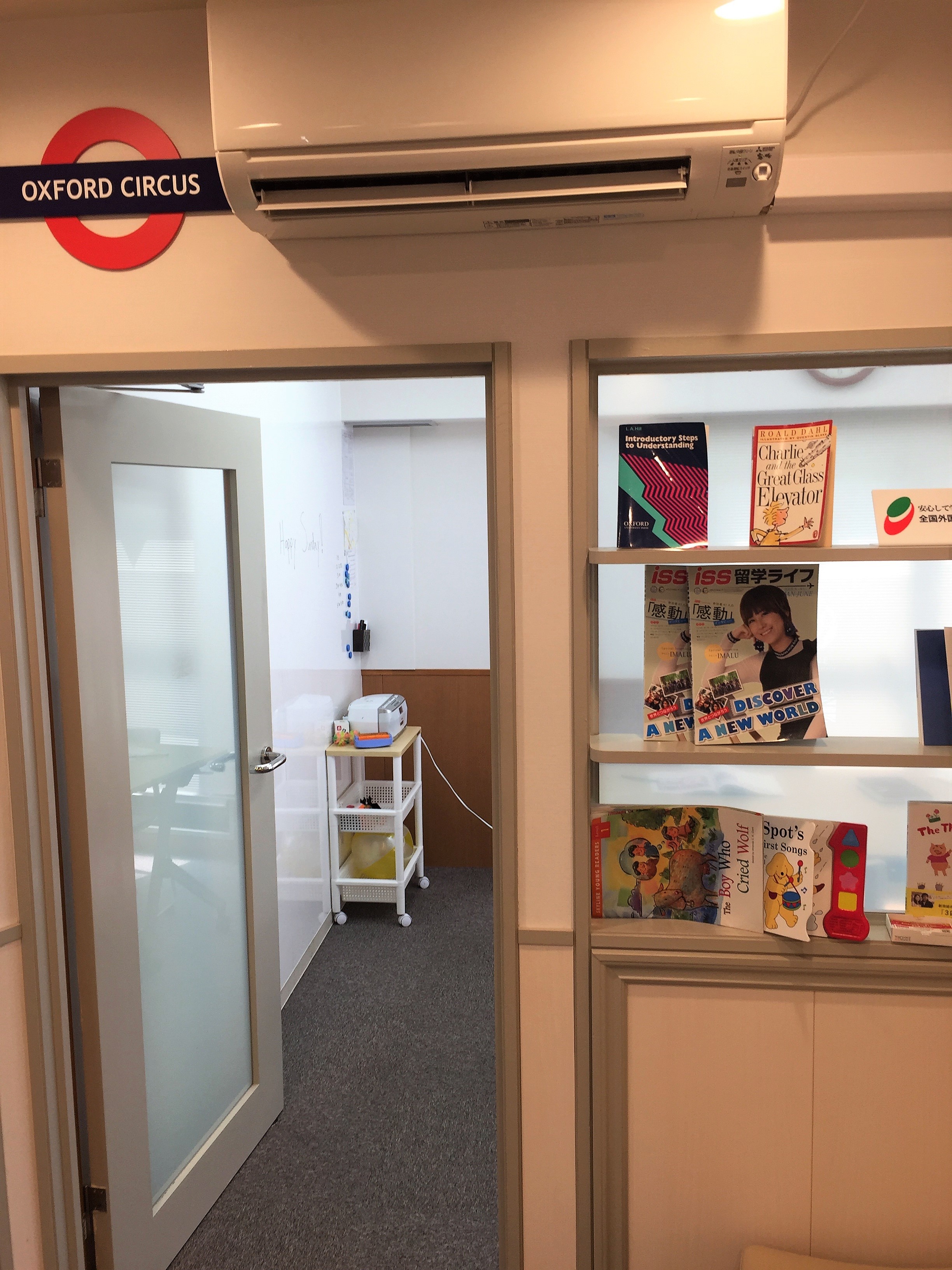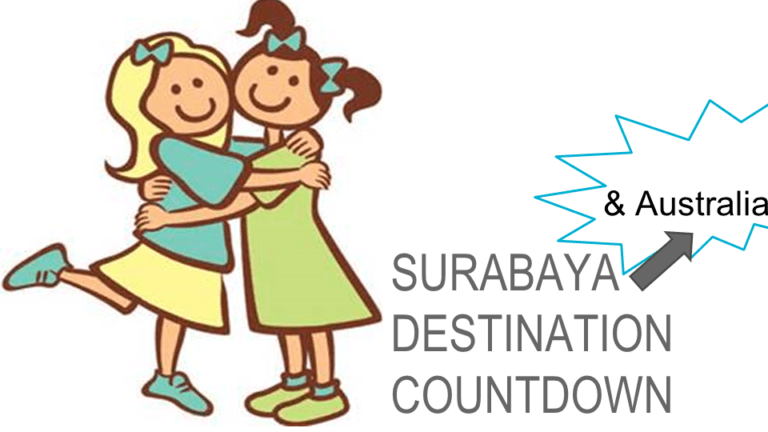
For globe trotting educators, teaching in a country other than their own home country can be exciting and new. It can provide us with fresh perspectives and new strategies for working with students from diverse backgrounds. In my own experiences, I meet many teachers other than myself who are not native to the countries they are working in, and I am eager to know about where they are from, how they are integrating into their host culture, and what new learning they are gleaning from the experience.
I met Andrew digitally through a mutual friend when I taught in Taiwan. We lived in the same city but during different times, so we have never actually met in person. Recently, I heard he was teaching in Japan, so I decided to ask him about his experiences. I have personally always been interested in teaching in Japan. The Japanese culture draws me with its food, history, pop culture and fashion. Andrew shares his story and experiences and compares the differences between teaching in Taiwan and Japan.
Where are you from and where do you live?
I am from Missouri, USA, and currently I live in Yokohama, Japan, which is 1 hour away from Tokyo.
What did you study and where?
I studied Psychology and Sociology in University of Missouri, Columbia.
Why did you decide to become a teacher?
I got into education to travel, my wife and I moved to Taiwan and that was an excellent opportunity to see the world and do something good.
Where have you taught?
I taught in Taichung, Taiwan for 2 years, 1 year in kindergarten and another year as an elementary teacher, and I have taught for almost 5 months in Japan so far. I am now teaching kids from 2 years old to adults, it’s a conversation school, with single classes and group classes, kids and adults.
What can you tell us about the education system in Japan?
From my experience, English language education feels very business like. People come in and get a dose of English for a few hours in a week, then try to build it over few years, so feels very business oriented. But contrasting that, I have many friends who work here in international schools, and they say that in those schools they treat education more as a cultural and educational awareness, and they grow students from foundation up, much less business oriented.

What are the biggest misconceptions of Japan?
It is not weird here, the internet blows Japan up as this weird anime quirky crazy place. But it’s not like that, everyone goes to work, goes to dinner, goes out with their friend. Its doesn’t look like the media portrays it. People here have a normal life like anywhere else.
How is Japanese culture different from Taiwanese?
Culturally, people in Japan are equally as nice and equally as helpful but maybe a little more reserved. The atmosphere and feels of the country style and from city space is different. The city feels more posh, everyone is in business attire or going to work or running an errand and they are always busy. In Taiwan everyone was there for one another, they would stop and chat or stop and suggest a good restaurant for you. Japan feels very business oriented comparatively. Also, because Taichung wasn’t a big city, it was different from Taipei too. Just like Yokohama is more residential than Tokyo, so we see a different side of the Japanese city life. Thus, it is scientifically different from Tokyo as well, more reserved.
What do you find challenging about being a foreigner in Japan?
The language as a start, but I can make better efforts to learn the language, still haven’t been here long. Coming from a small town in USA and moving to Taiwan was relatively easy, there was no demand for professional appearance. But when I’m in Tokyo, I must wear a suit and tie and to fit in with the working culture. There’s a different attire here, and if you see someone in the street dressed more relaxed, they stand out quite a bit. So, you have to fit in with the society, and the rules are very unclear.

What makes your school unique?
Firstly we have a cool school assistant. It’s one of those little robots that has an iPad type deal attached to its chest. As far as I know all of those type robots are named Pepper and ours was no different. Ours is programmed with an English quiz. It will show four different pictures and ask a sequence of questions depending on the level you choose (i.e. Can you find the yellow fish?). It switches between Japanese and English and hollers at anyone who walks by. It’s been outside of my classroom a few times in the last month and I find it absolutely freaky. The kids love to look at it and most adult students smile at it, but stay away.
The most unique aspect of my school, in my opinion, is the myriad and flexibility of levels. We have curriculum and lesson plans for students from age 2 to 92. We also have business specific English courses. On top of that, each ‘class’ can be a private course with one student and the teacher, or a group course with multiple students and the one teacher. From the teaching perspective, it is amazing (and challenging) to have such a range of students.
On a less positive note, teaching English in Japan feels more like business and less like education. I moved from a classroom setting where I saw my students 2-3 times a week, to more of an office-like building where each student is allotted a weekly single-hour appointment to try and learn a new language. I know for a fact that this isn’t the case at every school in Japan, or even my neighborhood for that matter, but it is a truth that exists.

Can you share a classroom experience?
I’ve had to adapt to my school’s method of teaching which is very different because I used to spend the whole day in classroom before, and now I get less than an hour with each student. I had to learn how to limit my speech and get my students to talk more to me. I remember the first round of classes with this new school, I spent the entire day meeting a new person every hour and asking many questions to get to know who they were. In one day I got to talk to 5 to 12 different students in each class, from age 5 to 50 years old, and learn about their lives, and try to help them express themselves in new ways. That was my first week experience and it was fantastic.

What are your plans for the future?
I am trying to complete a Masters in Counselling. I studied Psychology and Sociology so I am trying to move into the mental health field. My wife is a teacher and I plan to be a counselor, our plan is to move to various countries and utilize our fields around the world.
What advice would you give new teachers?
Tap into your creativity. Everything is fun if you are having fun and the students are having fun. To do that you have to make the curriculum creative, in your own way.
What is your favorite place on earth?
My gut instinct says Taiwan, I had such a great experience there and such a great connection that it will always hold a home feeling in my heart.
Thank you Andrew for sharing your story.
Interviewing Andrew made me realize I should research different cities to teach in Japan, rather than just focusing on Tokyo. The experience of living in the capital versus a smaller city can be so different. Just like his experience in Taichung, Taiwan was different from what it would have been in Taipei. Same with Japan, as he mentioned living in Yokohama has a more relaxed feel than Tokyo. For this, I will give another look at other cities in Japan to experience living in for future blogs.
Teachers like Andrew also make me realize how many more people out there have this same drive as myself to explore the world and make the world our workplace. I am more inspired to continue this lifestyle I have chosen, to teach, learn, grow, and keep exploring.

